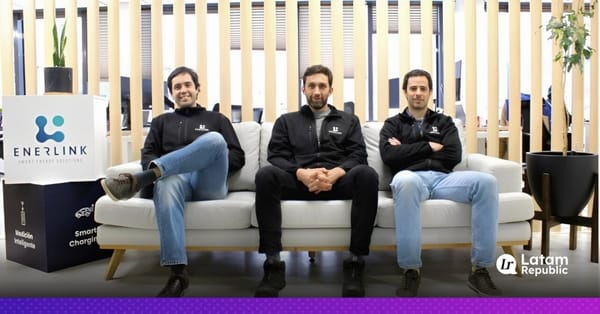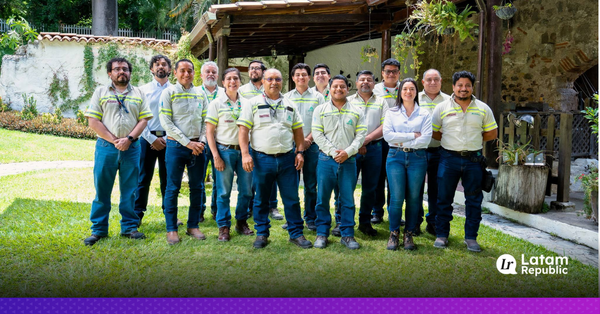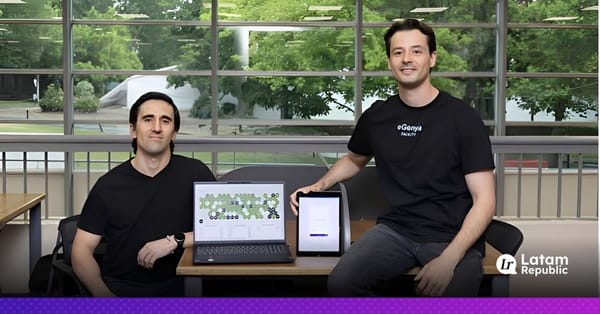Nigel Morris highlights key success factors for winning fintechs
Nigel Morris, co-founder of QED Investors, has spent nearly two decades refining a vision for identifying fintech startups that can withstand market cycles and achieve long-term growth.
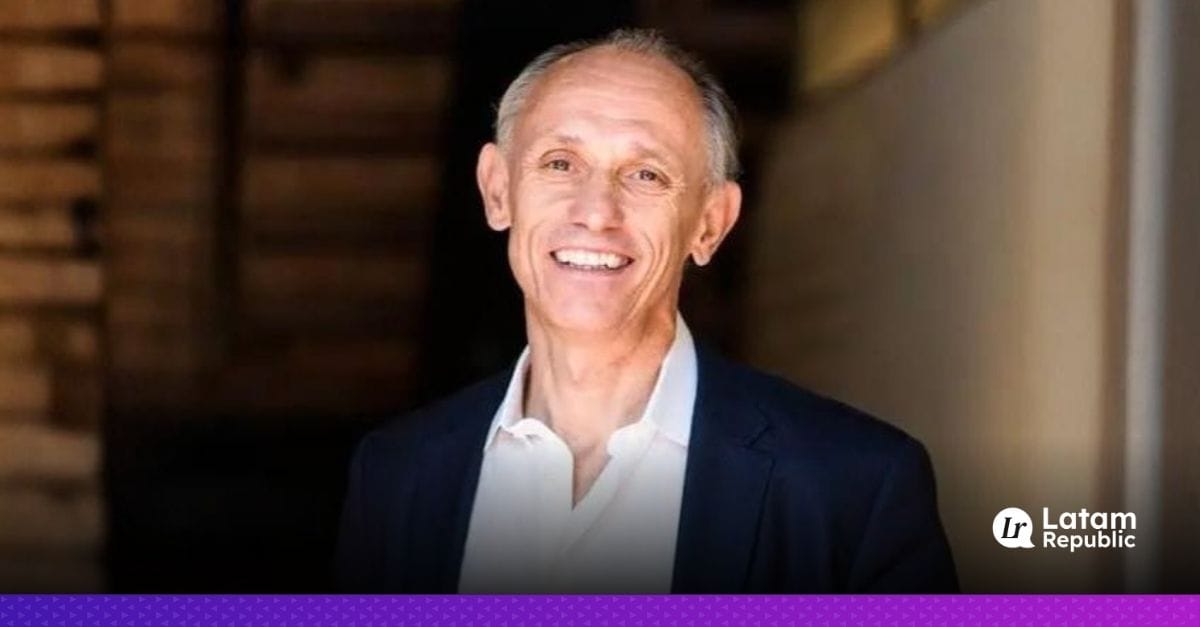
Nigel Morris, co-founder of QED Investors, has spent nearly two decades refining a vision for identifying fintech startups that can withstand market cycles and achieve long-term growth. In a competitive landscape where embedded finance and AI-driven solutions are redefining financial services, Morris emphasizes that deep expertise in core financial processes sets successful startups apart.
Expertise in Financial Services as a Differentiator
According to Morris, fintech startups that succeed are those whose founders understand the intricacies of financial services or have access to individuals with such experience.
“Financial services are highly specialized. Entrepreneurs or investors without this background often face disadvantages unless they focus on specific expertise areas,” he says.

Key factors for success include:
- Credit management: Understanding how to assess, monitor, and mitigate credit risks.
- Fraud prevention: Identifying and countering sophisticated scams that increasingly leverage AI.
- Treasury operations: Avoiding cash flow mismanagement, a factor in the collapse of Silicon Valley Bank in early 2023.
- Regulatory knowledge: Navigating complex compliance requirements amid innovations like real-time payments and digital currencies.
This focus ensures startups can scale responsibly while minimizing operational risks.
Embedded Finance: Expanding Beyond Core Products
Morris highlights the growing importance of embedded finance, the integration of financial services beyond a company’s primary product or service. This approach allows startups to offer credit, payments, and insurance within their platforms, increasing customer engagement and generating new revenue streams.
“Many opportunities make sense for investment because over time, we can layer financial services—like insurance, payments, or credit—onto businesses whose core product was not necessarily financial,” says Camila Vieira, who leads QED’s operations in Brazil.
Long-Term Strategy and Regional Impact
QED Investors has applied this strategic lens to Latin America for over a decade, supporting high-impact startups such as Nubank, Creditas, Loft, QuintoAndar, Mottu, and Cora. Morris recounts that Nubank’s founder, David Vélez, approached him years ago seeking guidance to build a “Capital One in Brazil.” Morris provided insight into credit modeling and strategic scaling, which Vélez adapted to the Brazilian market and accelerated into the digital era.
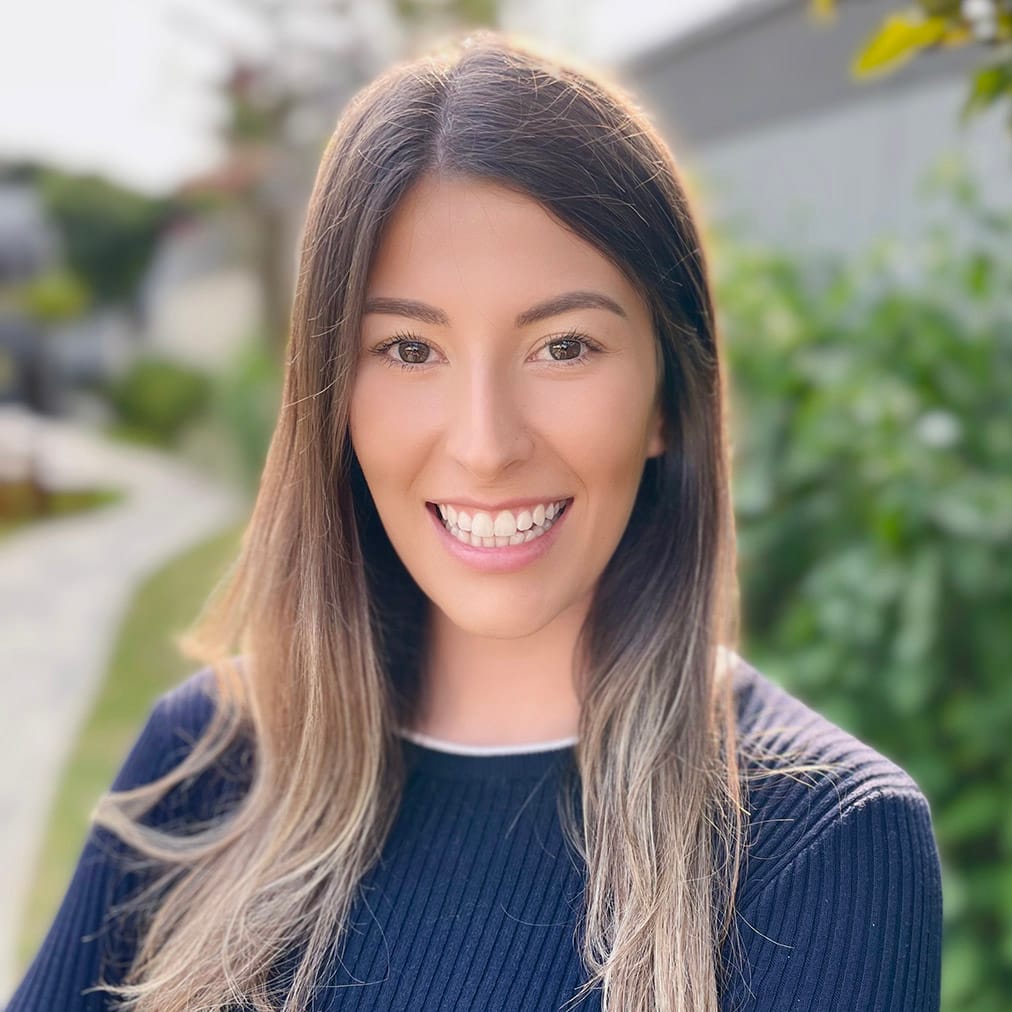
Vieira emphasizes that QED’s approach differs from generic venture capital firms.
“We focus on active support rather than passive investment. We invest knowledge, time, and strategy to increase the probability of success,” she explains.
QED Investors: Portfolio and Investment Philosophy
QED Investors manages $3.8 billion across 250 startups in 27 countries, including 31 unicorns. In its most recent fundraising in 2023, the firm secured $925 million, allocating $650 million to early-stage startups and $275 million to more mature companies.
The firm’s Brazilian portfolio currently includes 25 investments, with attention to Open Finance, instant payment systems like Pix, AI applications for financial services, SMEs, and climate-related technology.
“Our lens is always on where the real problem lies and how it affects financial services,” Vieira notes.
Nigel Morris and QED Investors demonstrate that fintech success relies not only on innovative ideas but also on mastery of financial fundamentals and strategic foresight. By combining deep expertise, long-term guidance, and the integration of embedded finance, QED has helped shape some of the most impactful startups in Latin America, setting a model for sustainable growth in the evolving financial ecosystem.

